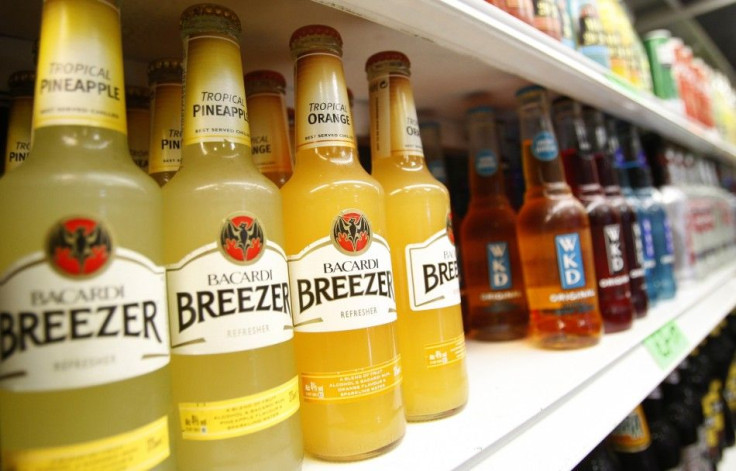Is Binge-Drinking The Key To Happiness? The Answer May Surprise You

Binge drinking may not be so bad after all, according to a recent study that found that binge drinkers are happier than those who do not binge drink.
Carolyn Hsu, a sociologist at Colgate University in New York, surveyed nearly 1,600 students at a selective residential liberal arts college in the Northeast along with her colleagues in order to determine which group of college students report being happier with their social lives.
"One thing that was a recurrent comment were students who said, 'Everyone drinks here. ... I don't want to get drunk, but I feel like I don't belong here if I don't.' ... Then the next person would write, 'I don't really want to drink, but this is what everyone else does.' And the next person would write, 'You know, I don't mind drinking a little, but I don't want to get smashed, but everyone does that,'" Hsu told LiveScience.
Binge drinking is defined as drinking four or more drinks in one setting for women and five or more for men.
According to the study, binge drinkers who had a high-status were happier with their social lives than high-status students who didn't binge drink. Low-status students who binge drank had higher social satisfaction than their non-binging peers.
"They almost seemed to move themselves up a little bit, or to put it in more efficient language, they now have higher levels of social satisfaction," Hsu said
.But the results of the survey should not convince college students that binge drinking is the key to happiness. According to the Center for Disease Control and Prevention, women who binge drink are more likely to have unprotected sex and multiple sex partners. These activities increase the risks of unintended pregnancy and sexually transmitted diseases. For men, excessive alcohol consumption increases aggression and, as a result, can increase the risk of physically assaulting another person.
Hsu agrees that this report's findings were not great. "We think this is a terrible thing," the Colgate professor said.
© Copyright IBTimes 2025. All rights reserved.






















